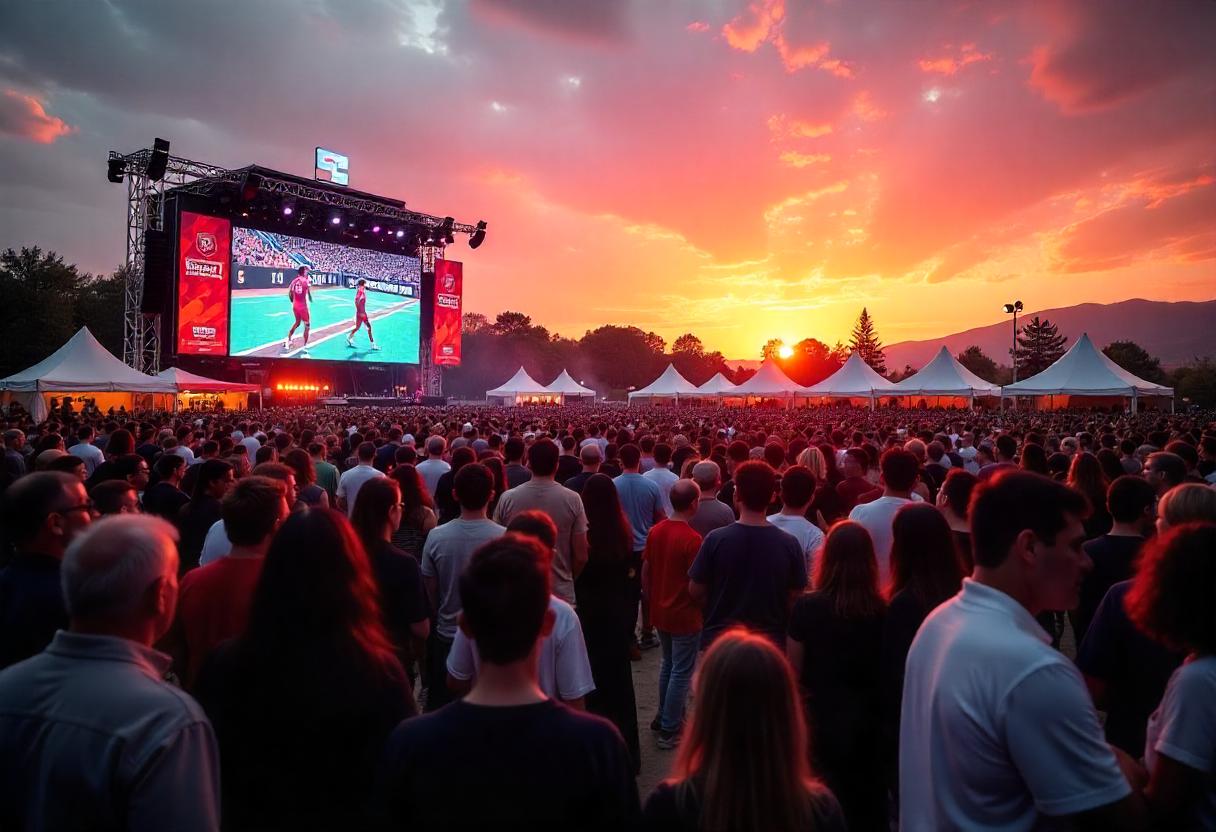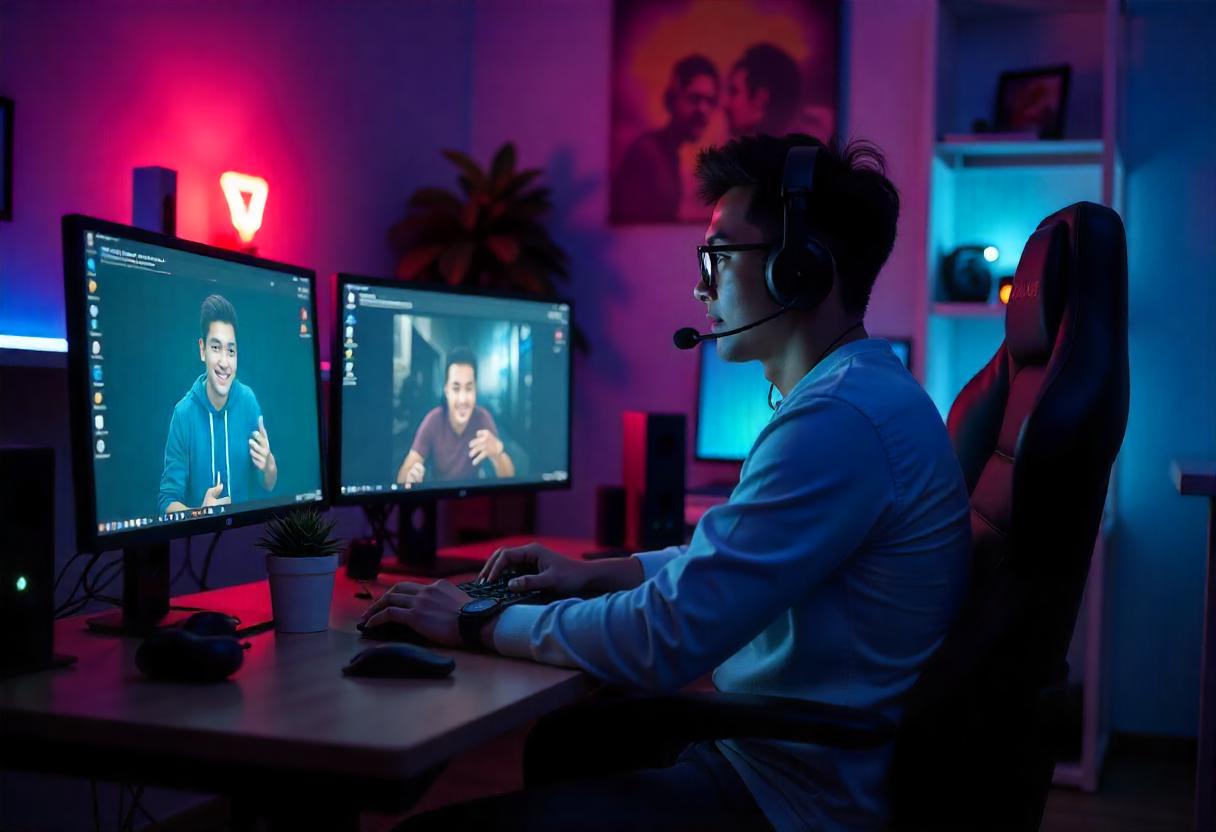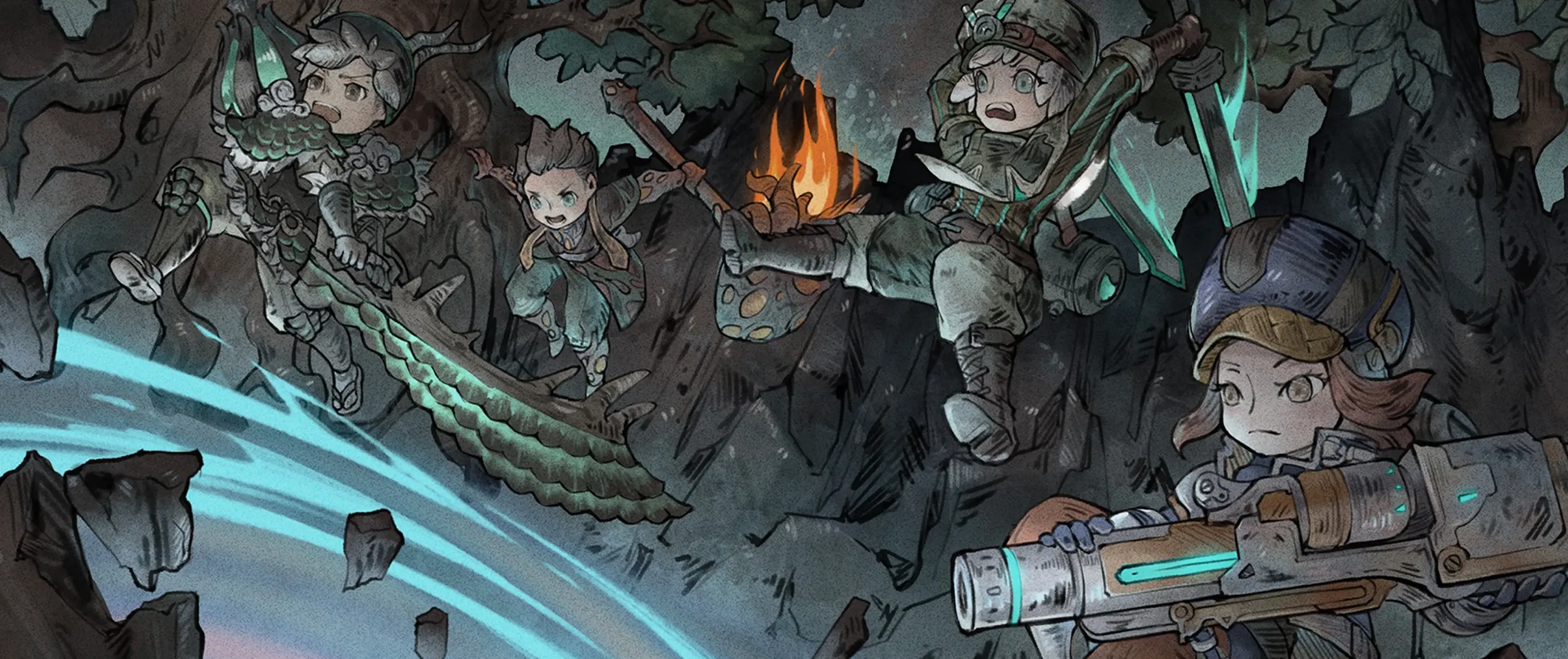The gaming industry has experienced explosive growth over the last decade, and a major driving force behind this boom is the influence of social media. From fostering global communities to enabling real-time feedback and shaping esports, the role of social media in the gaming industry cannot be overstated. This article delves into how social media has reshaped gaming and discusses both its opportunities and challenges.
1. Enhanced Connectivity and Community Building
- Global Interaction
Social media has created a thriving global network for gamers. Platforms like Twitter, Facebook, Instagram, and Discord bring together players from different parts of the world, bridging cultural gaps and allowing them to share experiences and strategies. Social media in the gaming industry facilitates open discussion, collaboration, and a sense of community that enhances the gaming experience, making it more than just a hobby.
- Community Engagement
Through social platforms, players connect with one another, forming communities based on shared interests in specific games or genres. Gaming-focused subreddits, Facebook groups, and Discord servers provide a space for fans to exchange tips, ask for advice, and celebrate shared victories. This connectivity fosters a sense of belonging, which is especially valuable in online games that rely heavily on teamwork and interaction.

2. Rise of Esports
- Mainstream Recognition
Esports, or competitive gaming, has seen tremendous growth, and social media has been pivotal to its mainstream success. With platforms like Twitter and Instagram, professional gamers can connect with their fans, share their journeys, and build dedicated followings. The impact of social media in the gaming industry is especially evident in esports, where players now enjoy a level of visibility once reserved only for traditional athletes. This visibility, combined with corporate sponsorships, has turned esports into a billion-dollar industry.
- Event Promotion
Platforms like Twitch and YouTube make it easy to watch esports events live, often for free. Social media helps promote these events, generating buzz, attracting viewers, and helping competitive gaming reach new audiences. Whether it’s a massive Fortnite tournament or the annual League of Legends championship, these events draw millions of viewers, and social media plays a crucial role in building the anticipation and excitement that fuel esports.
3. Democratisation of Content Creation
- Influencer Culture
Social media in the gaming industry has democratised content creation, making it possible for anyone with a recording device and an internet connection to become an influencer. YouTube and Twitch, in particular, have allowed gamers to broadcast their gameplay, reviews, and tutorials, shaping gaming culture in real time. This has enabled diverse voices to flourish, with influencers creating personalised content that resonates with specific gaming communities and subcultures.
- Marketing Opportunities
The rise of gaming influencers has revolutionised marketing in the gaming industry. Game developers now collaborate with influencers to promote new releases, expansions, and in-game events, allowing for targeted and authentic marketing strategies. By showcasing gameplay or sharing insights, influencers help build excitement, drawing in fans and potential players in ways traditional advertising simply cannot. This approach not only reaches a larger audience but also creates a sense of trust and relatability between influencers and their followers.
4. Real-Time Feedback and Development Influence
- Direct Communication
Social media in the gaming industry has brought developers and players closer than ever before. Gamers can now provide feedback directly to developers, offering insights into what they like or dislike about specific games. This two-way communication has made game development more agile and responsive. Many developers use Twitter or Reddit to respond to player suggestions and concerns, creating a more transparent development process and increasing player satisfaction.
- Engagement Strategies
Social media analytics allow developers to understand player preferences, from gameplay styles to character choices, and adjust their strategies accordingly. Developers can create engagement campaigns or themed events tailored to the interests of their players, creating a gaming experience that feels personalised. This feedback loop between players and developers has led to games that better align with player expectations and foster stronger loyalty.
5. Challenges of Toxicity and Harassment
- Negative Behavior
While social media enhances the gaming experience, it also introduces issues such as toxicity and harassment. Cyberbullying, hate speech, and other negative behaviors create hostile environments that are especially problematic in multiplayer or competitive gaming spaces. Toxicity can drive players away from certain games or communities and can even impact players' mental health. To combat this, both social media platforms and game developers have implemented moderation tools and reporting systems to improve the online experience for all.
- Addiction Concerns
The constant engagement encouraged by social media can lead to addictive behaviors among gamers. With endless feeds of gaming content, updates, and discussions, players may find themselves spending excessive time online, impacting their personal lives and well-being. As social media becomes more intertwined with gaming, awareness around digital wellness is growing, with calls for healthier boundaries and screen-time management strategies.
6. Privacy and Data Security Issues
- User Data Concerns
Social media platforms collect significant amounts of user data, and as the gaming community becomes more aware of privacy issues, concerns have risen around how this data is used. Gamers are increasingly conscious of the risks associated with sharing personal information online and are calling for better privacy protection. Social media in the gaming industry will need to adopt robust data security measures to protect user information and maintain the trust of the gaming community.

Future Trends in Gaming and Social Media
- Technological Advancements
Looking ahead, advancements in virtual reality (VR) and augmented reality (AR) promise to further integrate social media with gaming. VR and AR technologies could transform social interactions within games, allowing players to connect and interact within immersive virtual spaces. Social media’s role in gaming could expand to include interactive virtual environments where players can meet, socialise, and attend virtual events together, blending the best of both worlds.
- Evolving Platforms
As the gaming industry grows, we may see the emergence of new social media platforms specifically designed for gamers. These platforms could offer unique features tailored to the needs of gaming communities, from sharing in-game achievements to streaming gameplay directly. Dedicated gaming social media could also provide more customised content, creating a space where gamers can interact, collaborate, and share in an environment built for them.
Conclusion
The impact of social media on the gaming industry has been transformative, creating new ways for players to connect, share, and compete. From the rise of esports and influencer marketing to real-time feedback loops and the future of VR integration, social media continues to shape the gaming landscape in exciting ways. However, challenges such as toxicity, addiction, and privacy issues remind us that a balance is needed to create a positive environment for all players.
As the relationship between social media and the gaming industry deepens, we can look forward to even more innovation, community-building, and immersive experiences that will define the future of gaming. Whether you're a casual player, an esports fan, or a developer, social media offers endless possibilities to enhance and elevate the gaming experience.



